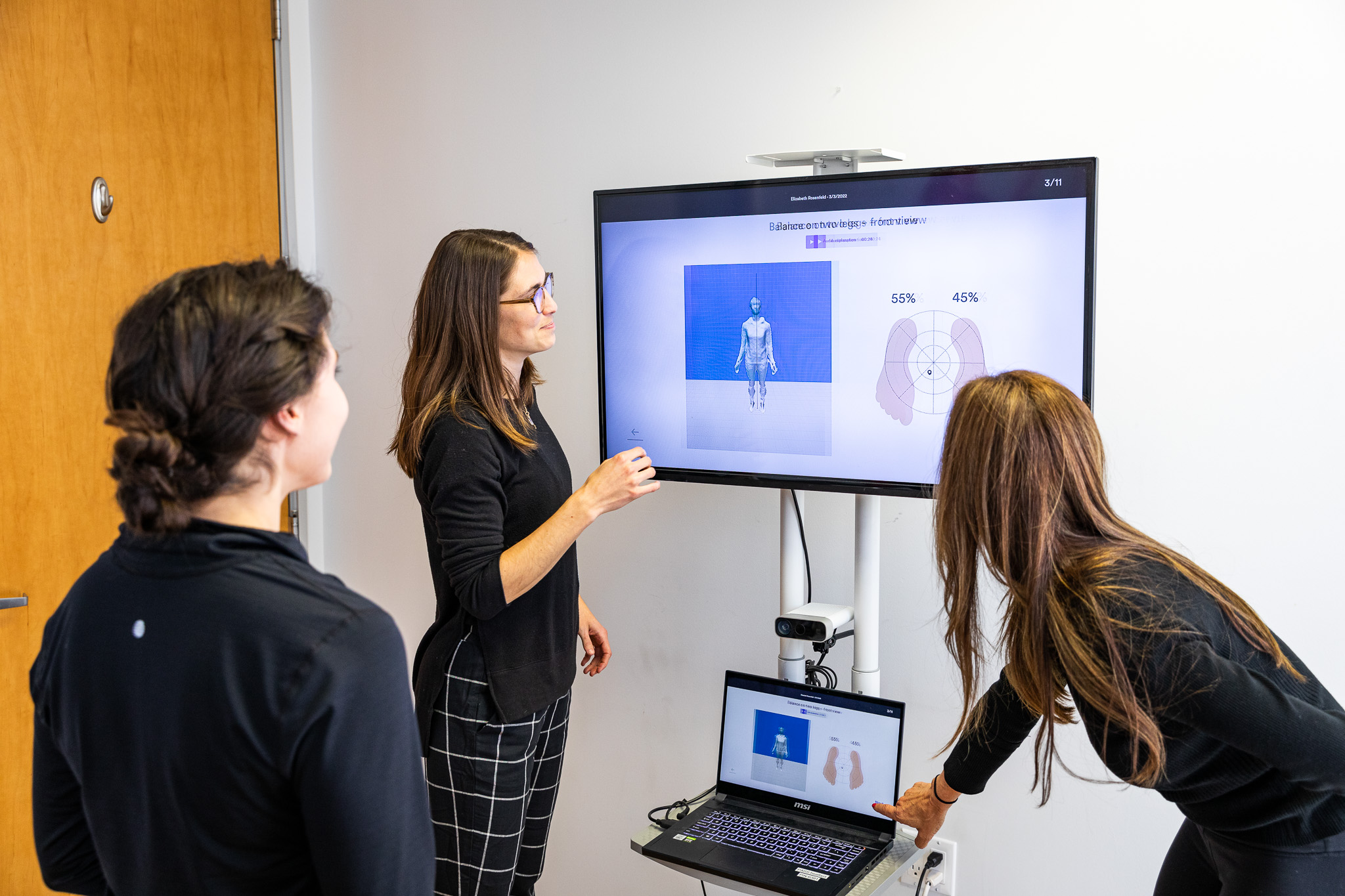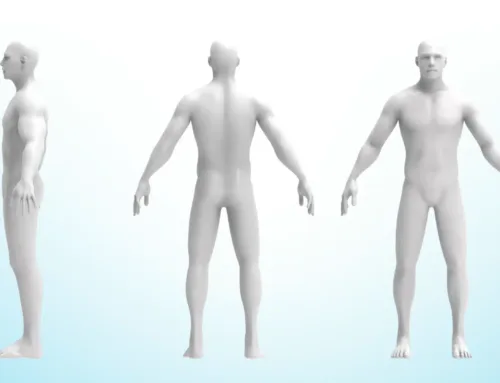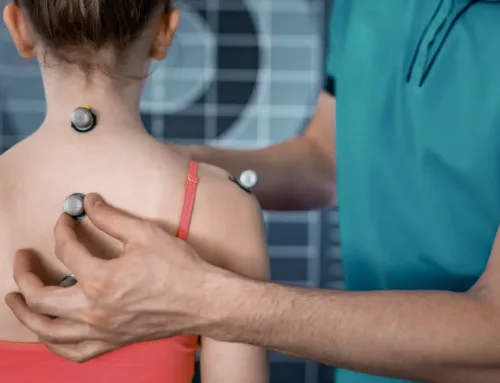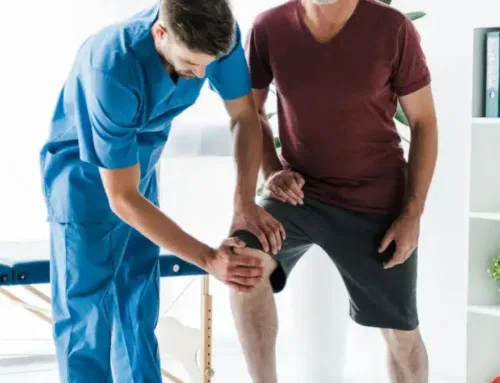Physical therapy is going through a huge transformation right now – from analog to digital assessment and remote care services. Traditionally, this profession has built a reputation as a hands-on affair, involving knowledge and skill delivered through a physical consultation. Physical therapists get to the bottom of most problems by enquiring about signs and symptoms and cross-checking them with a range of objective functional measures to narrow down the underlying cause of pain and dysfunction. The more information therapists have at hand, the better informed are their decisions about the problem and what to do about it. For example, pain in the knee is not always because of a knee problem, but often secondary to dysfunction in the foot and/or hip. Measurement is a key component of this evidence-based profession. You will however still find old-school analog tools like a stopwatch, tape measure, goniometer, clipboard, and body chart on the desks of most physical therapists. Some clinics, like Postureworks in Los Angeles, are leading the way out of the dark ages and into the future of digi-physical consultations. These clinics and their clients benefit from the speed, accuracy, and convenience of augmented intelligence and sensor technology, whilst maintaining the personal touch that only a human can provide – care, communication, empathy, hands-on excellence, and a pinch of intuition.
Postureworks in the very first physical therapy clinic in the USA to add 3D Body Scan services from Sweden to their way of working. Postureworks are well known for their focus on restoring optimal function in people of all ages. They use detailed assessment of whole-body movement such as weak-link testing from the Neurac® method, as well as the classic orthopedic approach to testing and treating isolated body parts. 3D Body Scan software enables them to record, measure and visualise human movement in 3D – something that cannot be done with the human eye. They now evaluate the way their clients move in fine detail and communicate it to them and to colleagues in a way that has never been seen before in the USA. They create a moving digital twin for clients in just a matter of minutes from their dedicated 3D Body Scan station. This digital twin is analysed by 3D Body Scan’s augmented intelligence in order to support clinical decision-making and to help educate clients about their strengths and weaknesses. The detail is down to pixels, degrees and milliseconds. The animated feedback helps to remove confusion and to explain to clients what they need to improve. It can show progress and clinical effectiveness over time. It is an immersive experience that is incredible for awareness and client satisfaction.

1 in 2 Americans has a musculoskeletal (MSK) problem, many of which could be avoided if detected earlier. Postureworks say that ‘When you are in Optimal alignment, you discover the intelligence of your mind and body’. We can all find our own Optimal positions – free from compensations, minimal stress on the body, and without unnecessary fatigue – but only when we are aware of where we can improve, and with the right individualised guidance. That’s where the combination of expertise and technology at Postureworks seemingly performs miracles, when in fact it is simply solid biomechanical principles at work. We can make a big difference to the $960 billion/year spent on MSK in the USA, and the enormous costs attributed to a sedentary lifestyle – obesity, diabetes, cardiovascular disease, falls – if we just tapped into that Intelligence of mind and body, with the help of intelligent technology. Find out more about Postureworks in LA and their 3D Body Scan service.





